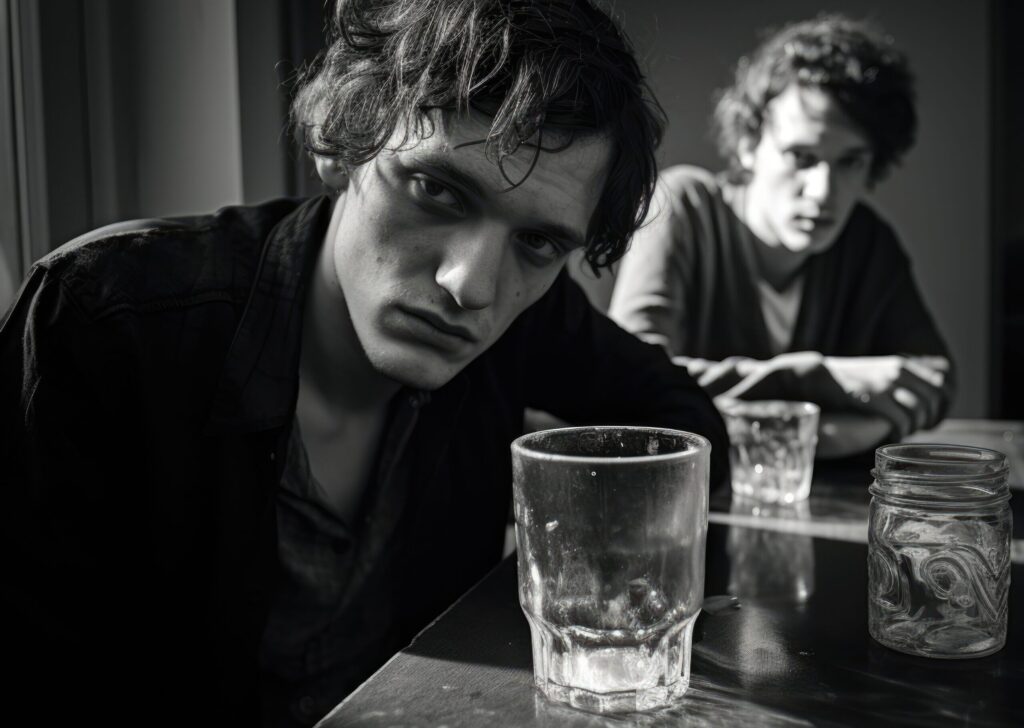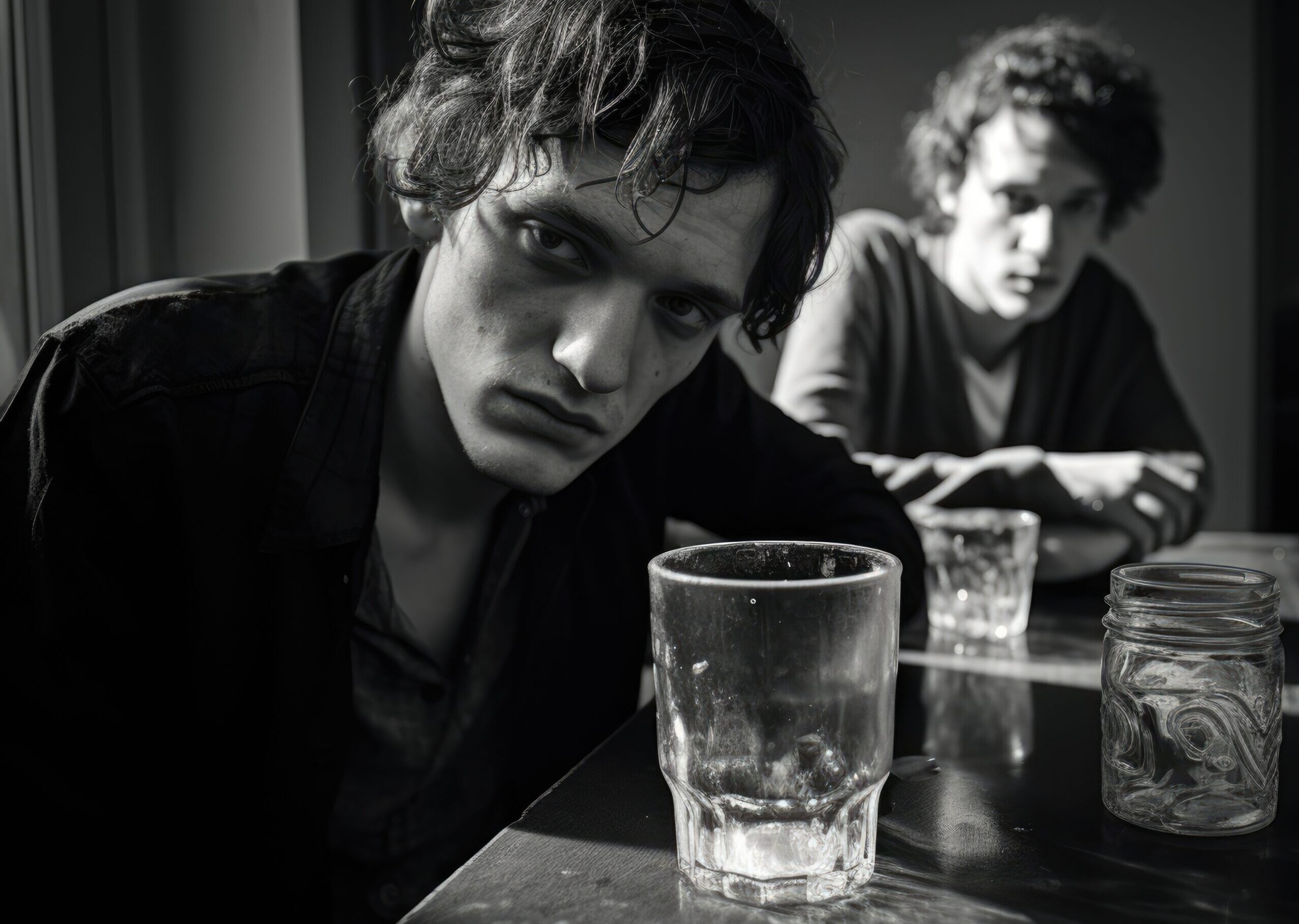HOW DOES LGBTQIA+ COMMUNITY DISCRIMINATION IMPACT HEALTH?
Health disparities among LGBTQIA+ people are linked to stigma and discrimination for example: Many LGBTQIA+ people have reported experiencing stigma and discrimination when accessing health services, leading some individuals to delay necessary health care or forego it altogether.1
Do LGBTQIA+ Community members face mental illness more than other populations?
LGBTQIA+ individuals are more than twice as likely as heterosexual men and women to have a mental health disorder in their lifetime. They are 2.5 times more likely to experience depression, anxiety, and substance misuse compared with heterosexual individuals.1
Are there trends about substance use in the LGBTQIA+ population?
It is not yet possible to establish long-term trends about substance use and substance use disorder (SUD) prevalence in LGBTQIA+ populations because many federally funded surveys have only recently started to ask about sexual identity and gender identification in their data collections.2 In spite of this, one can draw some correlation between mental health and substance use and disorders and whether someone is part of the LGBTQ+ community due to their unique struggles.
How do negative stereotypes affect the LGBTQIA+ community?
Nearly 4 in 5 LGBTQIA+ adults reported they took at least one action to avoid experiencing discrimination based on their sexual orientation, gender identity, or intersex status, including hiding a personal relationship, avoiding law enforcement, avoiding medical offices, or changing the way they dressed.3 More than 1 in 5 LGBTQIA+ adults reported postponing or avoiding medical care in the past year due to disrespect or discrimination by providers, including more than 1 in 3 transgender or nonbinary individuals.3
Where can the LGBTQIA+ community get substance use disorder treatment?
Santé has always been proudly LGBTQIA+ co-owned and welcomes all people, regardless of their sexual orientation or gender identity. Treatment as Santé includes therapy to learn successful coping mechanisms for dealing with social isolation, family problems, and homophobia as part of their addiction recovery journey.
WHY SANTÉ FOR THE LGBTQIA+ COMMUNITY WHO SUFFER FROM ADDICTION?
Founded & co-owned by members of the LGBTQIA+ Community in 1996, Santé’s mission is to provide long-term recovery because left untreated, addiction is a fatal disease. Santé Center for Healing provides integrity-driven, evidence-based, and personalized long-term recovery customized for those suffering from substance use disorders, mental health, trauma, problematic sexual behavior, disordered eating and other compulsive behaviors. Photo: Designed by Freepik. For More on Social Media:
Sources
-
American Psychiatric Association. “Diversity & Health Equity Education: Lesbian, Gay, Bisexual, Transgender and Queer/Questioning” Retrieved from https://www.psychiatry.org/psychiatrists/diversity/education/lgbtq-patients
-
2018 National Survey on Drug Use and Health: Lesbian, Gay, & Bisexual (LBG) Adults. Retrieved from https://www.samhsa.gov/data/data-we-collect/nsduh-national-survey-drug-use-and-health/national-releases/2018
-
“The State of the LGBTQ Community in 2020”. Retrieved from https://www.americanprogress.org/article/state-lgbtq-community-2020/







